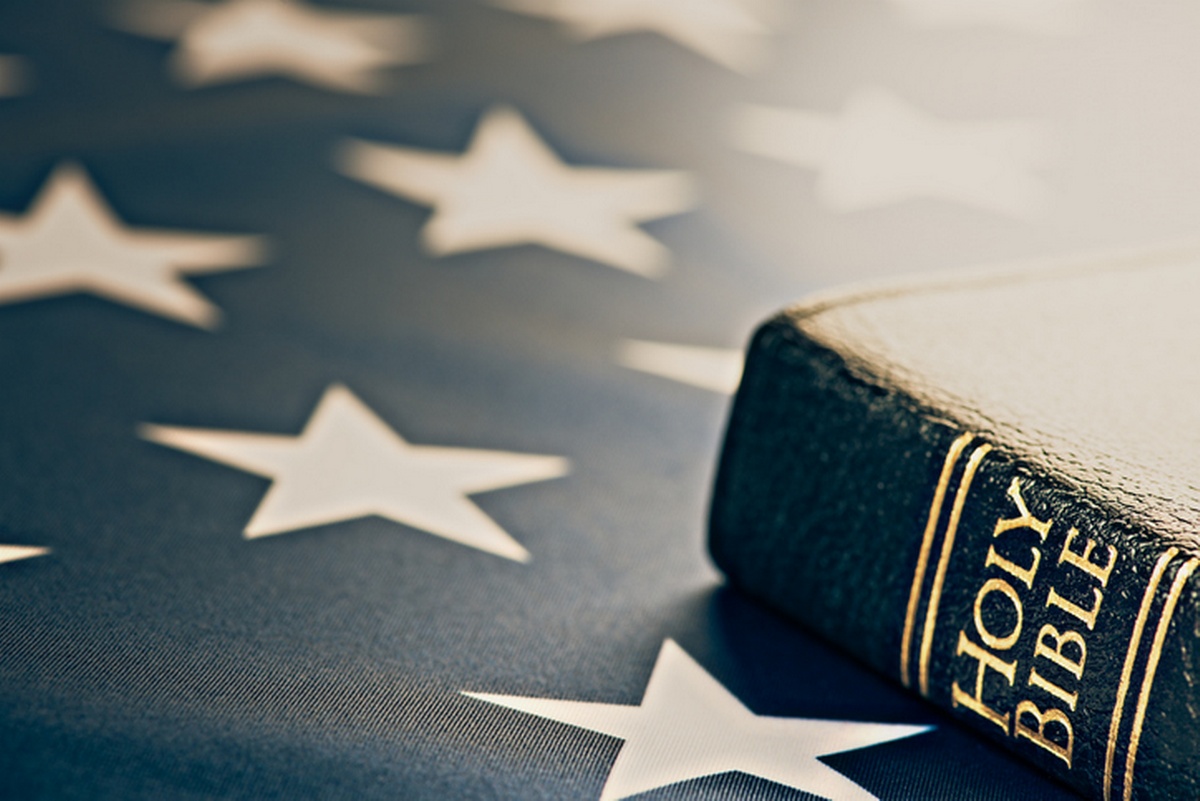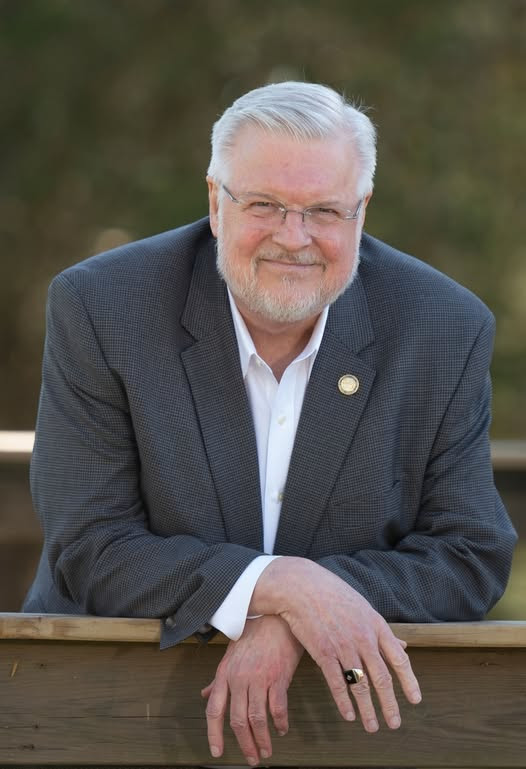By Rev. Mark Creech
revmarkcreech.org
At its 52nd General Assembly, the Presbyterian Church in America (PCA) voted overwhelmingly to commission a study on Christian Nationalism. The decision reflects a growing conversation throughout the Church about how Christians should engage in public life or completely stay out of that arena.
The term “Christian Nationalism” has become both increasingly common and deeply contentious. For many, it functions less as a clear descriptor and more as a disparaging label, most often used to malign Christians who simply seek to apply biblical principles to matters of public policy. It is most frequently employed by voices on the political Left, where it serves as a rhetorical weapon rather than a precise term. Yet despite its growing use, Christian nationalism remains ill-defined, and its ambiguity has sown confusion, division, and unnecessary suspicion, even among well-meaning believers. Some Christians, perhaps unaware of its implications, have begun using the label to rebuke their brethren, further muddying the waters.
In its more extreme and ideological forms, Christian Nationalism is not simply the effort to shape public life with godly principles. Instead, it is a worldview that seeks to merge national and Christian identity into a single, indistinguishable whole, effectively elevating the state to a quasi-sacred status. In this vision, although some of its followers would deny it, Christ is not supreme, standing Sovereign over the state; instead, the state and Christ are equalized. The result is a faith conforming to the nation’s political aims, often losing its prophetic voice and moral clarity.
A sobering historical example of where this can lead was seen in Nazi Germany. In the early 1930s, the Deutsche Christen (“German Christians”) movement sought to blend Christianity with Nazi ideology, stripping the faith of its Jewish roots, promoting racial superiority, and encouraging loyalty to Adolf Hitler as a kind of national messiah. Backed by the regime, the movement gained control of Protestant churches, silenced dissenting clergy, and supported the state’s persecution of the Jewish people. In doing so, they exchanged the Lordship of Christ for the favor of political power and acceptance, resulting in one of the Church’s most profound moral failures.
A more modern illustration of this kind of thinking was witnessed on January 6, 2021. Among those who stormed the Capitol were individuals who carried Christian flags, signs reading “Jesus Saves,” and who prayed in the name of Christ as they forcefully overran and took over congressional chambers. Some used religious rhetoric to justify this political rage. While not all participants shared these views, and certainly not all Christians who supported conservative causes, this convergence of religious fervor and political violence by some understandably alarmed many within and beyond the Church.
Yet, amid these concerns, a false conclusion must be avoided: that Christianity has no place in shaping public policy – quite the contrary. Many Christians rightly believe that Christian principles profoundly shaped America, and that those principles, far from being oppressive, have formed the moral foundation for liberty, justice, and human flourishing. They hold that the nation is better off when Christianity is honored, though not coerced. They believe Christian influence on public life is appropriate and essential for maintaining a free and virtuous republic.
This conviction does not demand Christian dominance in government nor seek to exclude others from actively participating in the democratic process. Rather, it acknowledges that our Constitutional order’s values – individual rights, the rule of law, and equality before God – are biblical. The Constitution didn’t invent these ideals; they came straight from the Bible. The whole system erodes when these values are severed from their spiritual roots.
This is not Christian Nationalism! It is better described as “Christian Patriotism,” a love for country informed by biblical conviction, constrained by humility, and guided by a Kingdom-first allegiance to Jesus Christ.
Christian patriotism refuses to confuse the temporal with the eternal. It acknowledges the blessings of national heritage, but does not idolize them. It calls believers to speak up in the public square, not so much as political activists and agitators, but as salt and light. It upholds the freedom of every person to have a voice in public affairs, yet unashamedly promotes truth grounded in God’s Word. It favors Christianity in public discourse and decision, not for purposes of leveraging power, but because of its unique and superior capacity to sustain human dignity and moral order.
Unlike Christian Nationalism, Christian Patriotism resists coercion and works through persuasion. It honors religious liberty, not as a concession to secularism, but as a Christian principle itself. It strives to see that laws which protect life, defend the family, and sustain justice are adopted. However, it doesn’t abandon the Gospel’s core function: leading the masses to a soul-saving knowledge of Christ as their personal Redeemer. No firmer foundation could be laid for the necessary virtue of self-government, upon which our entire system depends.
The Church must not remain silent in public affairs, but neither can it afford to compromise its witness by confusing Christ’s Kingdom with any earthly one. Scripture declares that at Christ’s return, every nation and tongue will confess His Lordship, and the will of the state will fully submit to the world’s true Messiah and King, but not before then. In the meantime, Christians are called to persuade others, as faithfully and effectively as possible, that ordering life according to God’s revealed will is best for the individual and the common good. Christians must not withdraw or adopt a posture of neutrality, but engage with wisdom, humility, and principled passion.
Christians should be known for their righteousness, not for theocratic ambitions but for their Gospel-saturated faith and practice. Let the Church be the conscience of the state, not its master.
In days of incredible division and uncertainty, Christian patriotism offers the Church a path forward – one that is faithful to Christ, fruitful for society, and free of the entanglements that can stain the witness of the people of God.


